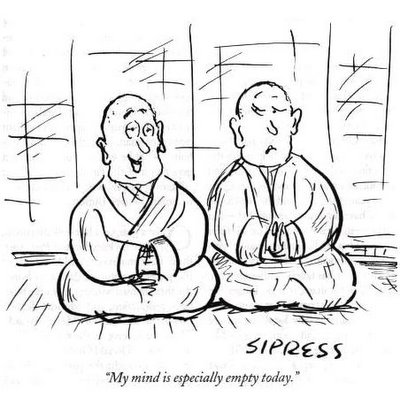
St Augustine said, "I believe because it is absurd." William James, Charles Sanders Pierce, and Miguel Unamuno, among many others, held that the abandonment of reason is acceptable under certain circumstances. Such a situation is allowable when an issue is of extreme importance to human existence and when rational or empirical evidence is inconclusive one way or the other. These philosophers held that such a position is also acceptable regarding the free will/determinism issue, although the preponderance of scientific evidence weighs in for determinism despite our sense of free will and decision. Former
Scientific American editor, Martin Gardner takes this view with regard to his belief in God. (Among his books are
The Ambidextrous Universe, Weird Water & Fuzzy Logic, The Annotated Alice, The Emperor's New Mind, and
Are Universes Thicker Than Blackberries?)






